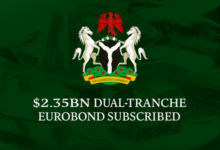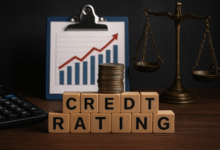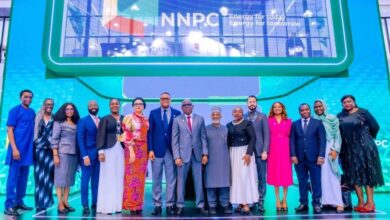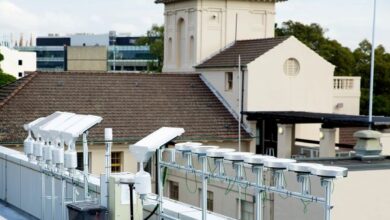Nigeria’s Untapped Halal Economy Could Be Its Next Trillion-Dollar Export Frontier – Expert
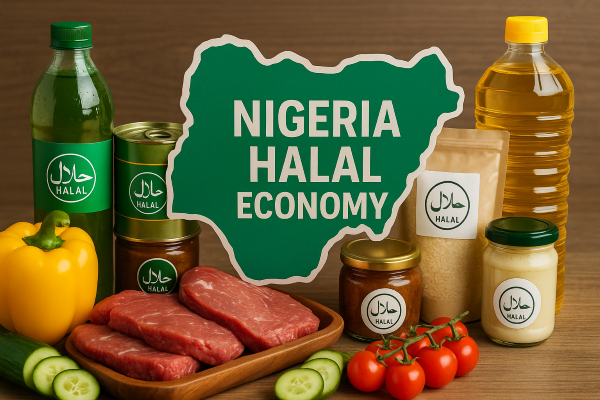
Nigeria is standing at the threshold of a multi-trillion-dollar opportunity. With the Federal Government’s National Halal Economic Strategy and its recent cooperation agreement with Saudi Arabia’s Halal Products Development Company (HPDC), the country is positioning itself to become a key player in the $7.7 trillion global Halal market — a sector that is redefining the global standards of ethical, traceable, and quality-driven production.
According to Adeyemi Aseperi-Shonibare, an integrated marketing consultant and CEO of PRIMAA Productions, the Halal economy represents a transformational model for Nigeria’s diversification drive — one that goes far beyond religion into the core of sustainable industrialisation, export competitiveness, and inclusive economic growth.
“Halal is not about faith — it’s about global standards. It represents purity, ethics, and quality. For Nigeria, it’s a bridge to new markets and a blueprint for industrial credibility,” Aseperi-Shonibare told BRANDECONOMY.
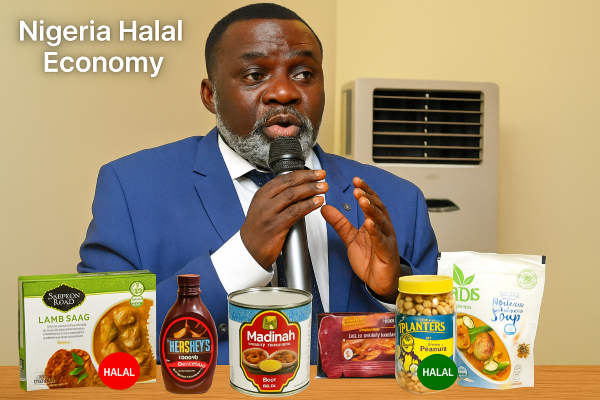
From Faith to Fortune: The Economics Behind Halal Prosperity
The Halal economy, guided by Islamic principles, has evolved into a global commercial ecosystem encompassing food, pharmaceuticals, fashion, logistics, finance, tourism, and even cosmetics. It’s not confined to Muslim-majority countries — global brands from the United States, the United Kingdom, Canada, and Australia actively produce and export Halal-certified goods, recognising its universal appeal as a mark of quality assurance and safety.
For Nigeria — home to over 200 million people, abundant natural resources, and a strong agrarian base — entering the Halal value chain could open new frontiers in agriculture, manufacturing, finance, and trade logistics.
“The Halal market doesn’t discriminate; it rewards discipline, compliance, and transparency,” Aseperi-Shonibare noted.
“Nigeria can turn its agricultural wealth into certified global brands, moving from raw exports to finished, high-value products.”
Five Pillars for a Thriving Halal Ecosystem
Industry experts identify five key pillars that determine the success of national Halal economies:
- Credible Certification Systems – Establishing transparent, internationally recognised Halal certification bodies to ensure trust and traceability.
- Compliant Infrastructure – Building modern abattoirs, processing plants, and logistics chains that meet global Halal standards.
- Export Development – Integrating Nigerian agricultural and processed goods into Gulf Cooperation Council (GCC) and ASEAN markets.
- Halal Finance – Developing ethical, non-interest-based financial instruments to fund Halal production and trade expansion.
- Halal Tourism – Promoting Nigeria as a destination for ethical and family-oriented travel experiences tied to culture and hospitality.
By developing these pillars, Nigeria can transition from resource dependency to standard-driven production, enhancing global competitiveness and attracting investors seeking ethical and transparent supply chains.
Global Case Studies: Lessons from Malaysia, Indonesia, and Saudi Arabia
Countries like Malaysia, Indonesia, and Saudi Arabia have successfully leveraged Halal principles to industrialise and diversify their economies. Malaysia’s Halal Development Corporation (HDC), for instance, contributes billions annually to its GDP through certified exports, digital Halal hubs, and structured financing mechanisms.
Aseperi-Shonibare believes Nigeria can emulate this model by integrating Halal standards into its national industrial strategy, rather than treating it as a religious initiative.
“Malaysia didn’t build its Halal industry through faith but through structure,” he said. “Nigeria must now focus on building credible institutions, laboratories, and compliance frameworks.”
Breaking Myths: Halal Is About Standards, Not Religion
Aseperi-Shonibare dismisses fears that the Halal initiative might undermine Nigeria’s secular identity.
“Halal certification applies to products, not people. Eating Halal bread doesn’t make you Muslim — it just means the product meets a cleaner, traceable, and globally accepted standard,” he explained.
Just as “organic” and “vegetarian” certifications have become mainstream across the West, Halal certification signifies integrity and hygiene — qualities that enhance consumer trust across faiths and geographies.
Economic Potential: Jobs, Exports, and Industrial Credibility
The consultant projects that a fully operational Halal framework could generate hundreds of thousands of jobs across value chains — from farming and processing to packaging, certification, logistics, and retail.
Nigeria’s major exports — beef, poultry, cocoa, shea butter, spices, and grains — already have massive global demand but lack the Halal certification required to access premium markets in GCC, North Africa, and Southeast Asia.
Halal compliance, he argues, can lift Nigeria’s non-oil export earnings, stabilise the naira, and strengthen manufacturing competitiveness in global trade.
BRANDECONOMY ANALYSIS: The Trillion-Dollar Opportunity Nigeria Can’t Ignore
The Halal economy represents one of the most strategic growth opportunities for Nigeria in decades — one that aligns with both industrialisation and export diversification goals.
However, success will require policy coherence, institutional credibility, and private sector collaboration. The Federal Government must work with state governments, financial institutions, and global Halal councils to:
- Build testing and certification infrastructure across major industrial zones.
- Introduce Halal finance instruments to support SMEs and exporters.
- Develop digital traceability systems to verify compliance across the supply chain.
- Launch Halal capacity-building centres to train youth in certification technology, logistics, and ethical food science.
If well implemented, the National Halal Economic Strategy could mirror Malaysia’s success — transforming Nigeria into Africa’s Halal hub, unlocking billions in exports, and empowering millions of youth with new skills and opportunities.
As Aseperi-Shonibare aptly concludes,
“The world will not wait for Nigeria. The Halal economy is moving fast — and if we hesitate, we will miss the train to inclusive prosperity.”


